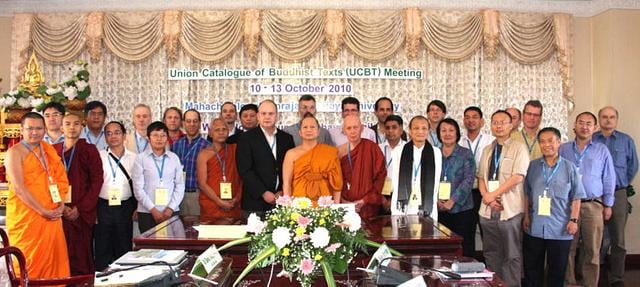Li, Shenghai 李勝海 [academia.edu]. ‘Candrakīrti’s Āgama: A Study of the Concept and Uses of Scripture in Classical Indian Buddhism’. PhD diss., University of Madison-Wisconsin, 2012. 311 pp.
From the Abstract
This dissertation examines scripture as a concept and the various roles that authoritative Buddhist texts play as such in the intellectual history of Buddhism. While it considers what Buddhist authors explicitly speak about scripture, the project brings into focus the recorded uses of authoritative texts, with an interest in discovering intellectual practices and learning about the management and transmission of knowledge. The main source materials of this study consist of instances of scriptural references found in the scholastic and commentarial works of several influential Indian and Tibetan authors, all of whom are connected with the pivotal figure of Candrakīrti (ca. 570-640), whose major writings lie at the center of the investigation. […]
Highlighting a keen awareness of the problem of reifying reason displayed by certain Buddhist writers from the Madhyamaka School of thought, the dissertation argues more specifically that the Buddhist scholastic tradition is cognizant of the hermeneutical condition of understanding and of reason’s contingency upon language, context, and tradition.


